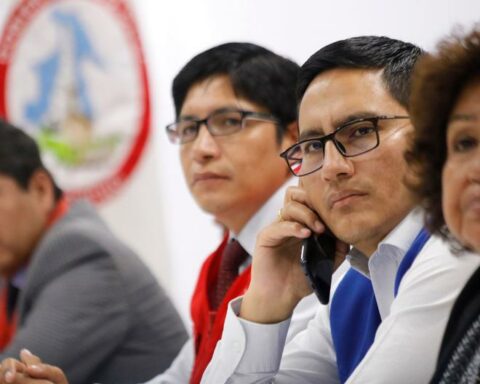Social media have become the ideal spaces for Business generate a positive reputation among their different audiences, especially in LinkedInwhere professionals can influence the perception of the market through their content.
However, could organizations bet on digitally positioning their top executives as a strategy to get closer to their audiences and customers?
According to the study “Radiography of the executive user on LinkedIn – Peru”, prepared by Verne Future Mindset, of the Peruvian managers present on LinkedIn, only 1 out of 10 managers publish frequently on the platform. Of them, 25% are between 35 and 54 years old and only 11% are older than 55 years.
LOOK: INSN San Borja: Clowns emotionally strengthen recovering patients
The reasons for the absence of this last group may be the lack of proximity to the digital world or the lack of time to develop their profiles.
“At Verne Future Mindset we collaborate with organizations that understand the importance of empowering their leaders to communicate their value proposition and spark relevant conversations on social media. In the digital age, not only is it enough to do, but to build reputation and leadership”says Julio Talledo, Commercial and Marketing director of the consultancy.
The study also shows that one in four Linkedin users are managers, so the absence of executives in this social network is a challenge not only for themselves, but also for the company they work for. It should be noted that the largest number of users on Linkedin is led by Brazil (53M), Colombia (10M) and Argentina (9.3M).
Peru is the fourth country with 6.9 million users, which represents a growth opportunity in terms of the participation of executives in this social network. And not only at the level of presence, but also content generation.
“The directors present on Linkedin become ambassadors of the good practices of their organizations and build attractive employer brands. With this, business opportunities are generated and a positive personal and organizational reputation is built”Talledo maintains.
Gender equity on Linkedin:
On the other hand, the study shows that seven out of ten managerial users on Linkedin are men, which reflects that there are still gaps regarding inequality and the presence of women in managerial and managerial positions, since, according to the study, only three out of ten users are occupied by women. In this scenario, companies have the opportunity to implement inclusion and diversity practices aligned with their organizational culture, highlighting their benefits.








